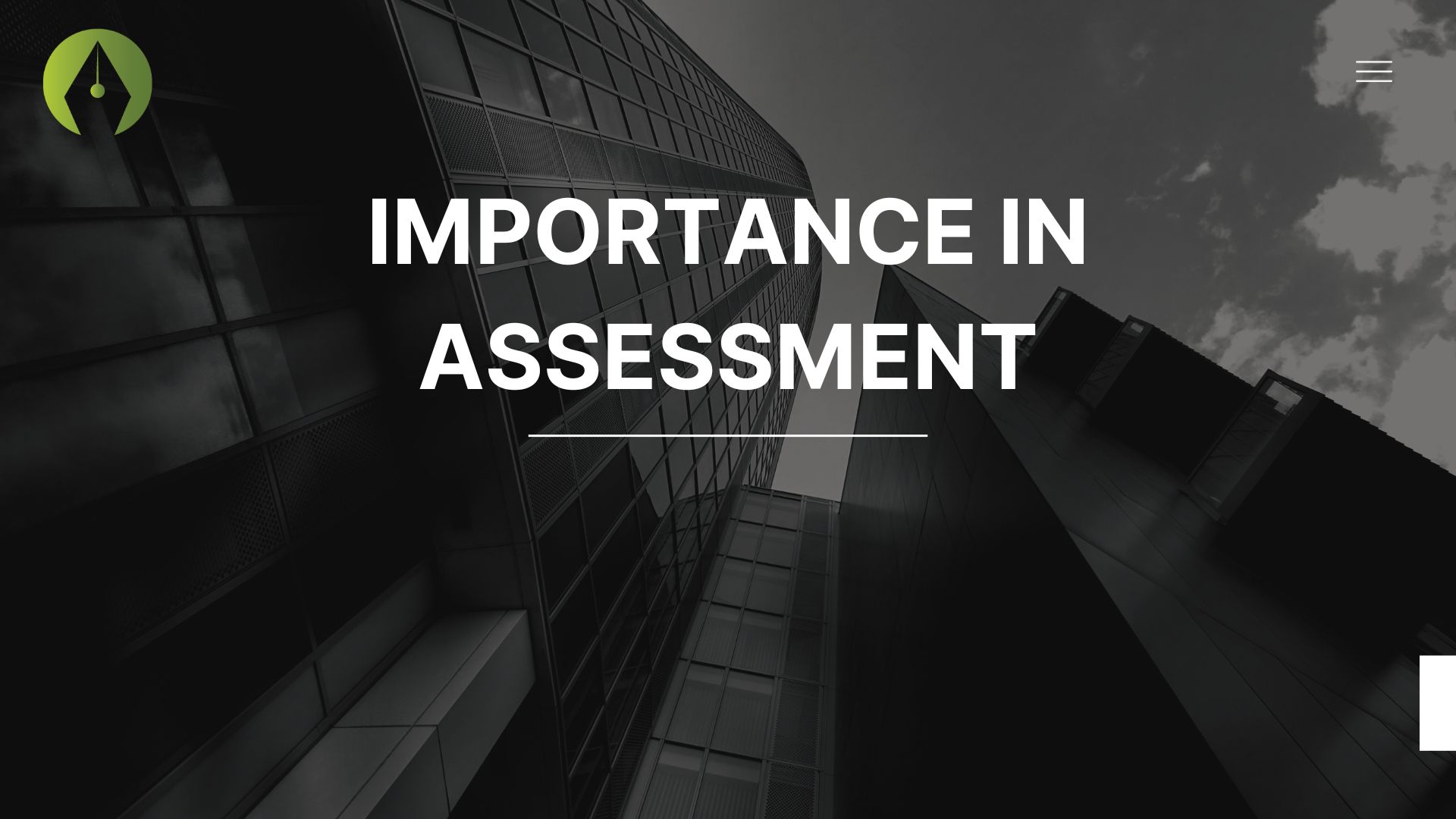Assessments are used by teachers in schools to determine whether students have understood something or not. Tests, quizzes, and project assessments. But besides what’s being tested, how the questions and instructions are given is important. This way of talking or assessment writing is called “tone.” The tone can change how students see the assessment and how well they do. It is also important that writers use just the right tone for readers to comprehend better.
The language evokes emotional reactions in the reader whenever one writes anything. Tone helps you show your message in a certain way.
At the end of this article, you will know what tone in assessment writing assessments means, its importance, and how you can develop your perfect tone.
What is Tone?
When you write something, how you say things creates a feeling for the reader. This way of speaking through assessment writing is called “tone.” It can make the reader feel happy or sad, relaxed or worried. Your mood when you’re writing can affect how your piece feels.
The tone of the storytelling may also come out as a result of your feelings towards the storytelling you do. Your choice of words, such as verbs and adjectives, and your use of vivid images determine the tone of your assessment writing.
Your assessment writing style can also display just how intricate your compositions are and the formality of wording. If something is formal, it means it’s serious and proper. For example, a severe topic needs formal words. But the words can be less serious and formal if a story is light and fun. In books and stories, tone is how the author shows their attitude.
Tone can stay consistent all through a piece of assessment writing, or it might change to match the changes in the story or mood. Sometimes, authors use different tones in different things they write.
The Significance of Using the Right Tone
Tone matters in assessment writing and all kinds of assessment writing. In a story, tone helps create the mood and the place where the story happens.
In persuasive assessment writing, tone is crucial for making the reader believe you know much about the topic. You might use strong words to make your point more urgent.
In descriptive and informative assessment writing, tone helps readers understand how important the topic is. It guides readers on how seriously they should consider the subject at hand.
Picking a unique tone sets your assessment writing apart and links it with how your words flow. When people can recognize your tone, it makes them feel connected, building trust and making them more interested in what you’re saying.
How to Develop the Correct and Balanced Tone for Your Assessments
How you express your words equally matters in the world of assessment writing. The tone of a message shows something about the writer and can shape how the reader understands that message. To write professionally, writers should consider following before they begin so that they can write in the perfect tone.
Think Before You Start
It is important to understand what one should write about in the first place. It assists you in structuring your message. The reason behind why you write and what you would like to achieve is key to setting the tone for your assessment writing before putting it on paper. And if the instructions given to you are unclear, you can always opt for some assessment help online. They will help you understand the project better and, subsequently, with better grades.
ConsiderYour Audience & How to Communicate
Those who read this document must realize the reason for its existence alongside understanding the purpose. You can make your important ideas stand out by putting them first in your sentences or paragraphs and using headings and bullets. That is why a good writer should consider the audience reading and speak with them. This makes readers comprehend perfectly. To make sure readers understand, it’s essential to write from their point of view.
Choosing the Right Tone
A confident and natural-sounding voice is essential after you identify the purpose of your assessment writing and your audience. It entails confidence as well as sincerity in speaking. This means being sure of yourself and being sincere in what you say. You can sound confident if you’ve prepared well and know your topic. Being sincere is crucial, too, because if you’re not sincere, even polite words can sound fake and disrespectful. Since your readers might not know you personally, being honest and real is essential.
Choose Your Words Wisely
Each word you use can create a specific feeling in your assessment writing. Think carefully about the words you pick. They can make your assessment writing feel light or dark, serious or playful.
Prepare the Reader’s Mind
The tone you use gets your reader ready to understand what you’re saying. It sets the mood for your message. Know how to strike the mood of your reader.
Say More with Less
When assessing writing for the Internet, one needs to express their tone, emotions, and thoughts in fewer words. Be effective and concise in getting your message across.
And always remember, your tone as a writer shows your values and thoughts. It’s like your assessment writing fingerprint—unique and special, representing who you are and what you want to say to your readers.
Last Thoughts
Controlling tone might be tricky, but with practice, you can make your assessment writing sound professional and boost your reputation. Figuring out the right tone involves thinking about who your assessment is writing for, reflecting on yourself, and matching the tone with why you’re assessment writing. Speaking with the right tone will help you become an excellent communicator and impress even your readers. Therefore, take special care about the tone you use, convey your message right, and keep your readers attentive with words.
In case you require additional assistance in assessment writing, obtaining help from professional assessment help online may prove helpful when performing your work.

